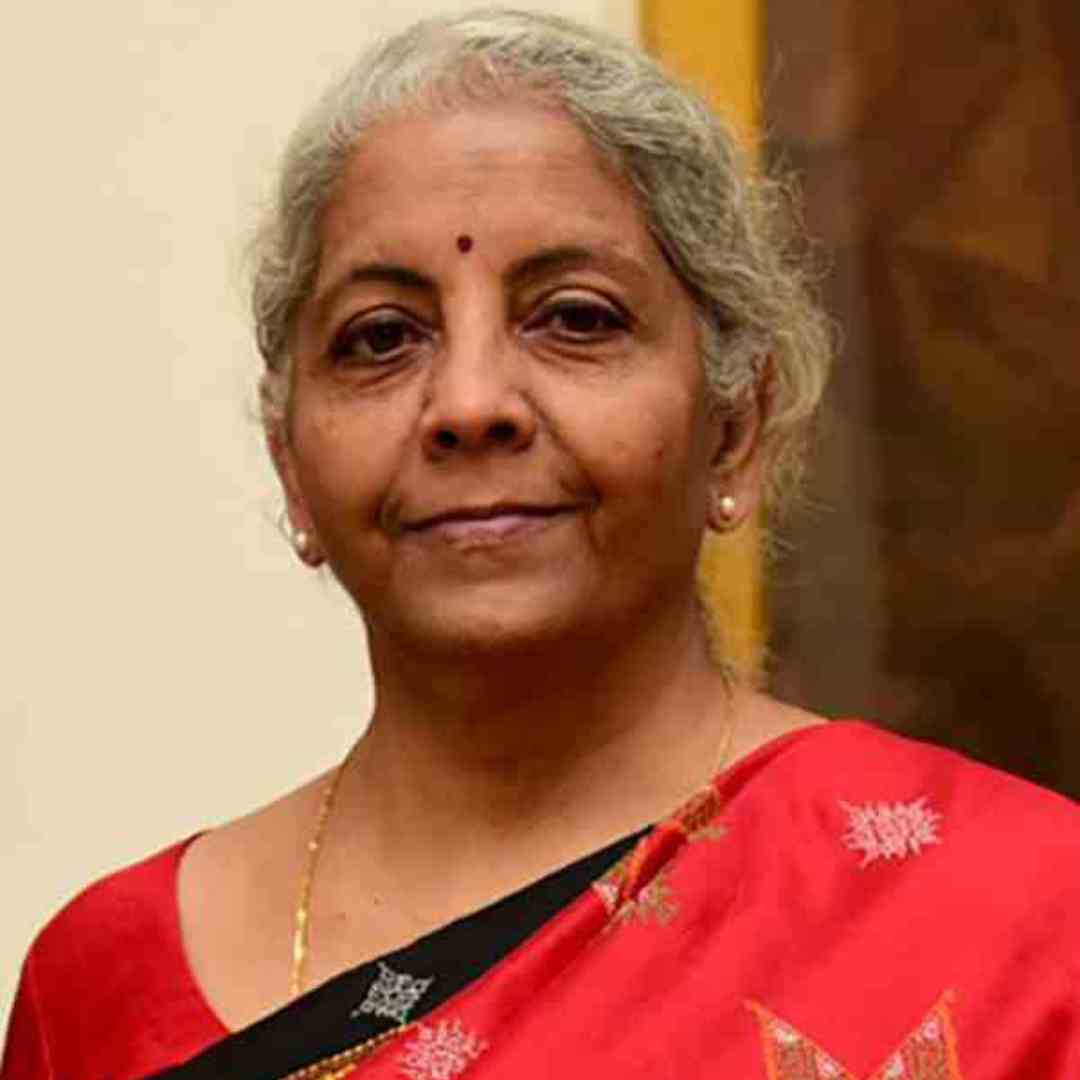Lok Sabha Polls: Union Minister Nirmala Sitharaman’s decision to decline BJP President JP Nadda’s offer to contest Lok Sabha polls due to financial constraints sheds light on the substantial expenses involved in electoral campaigns in India.
Election expenditure in India varies depending on factors such as constituency size and candidate wealth, with the Election Commission of India imposing expenditure caps. For Lok Sabha elections, candidates can spend up to ₹95 lakh in larger constituencies and ₹75 lakh in smaller ones. Similarly, the expenditure limit for assembly constituencies ranges from ₹20 to ₹40 lakh.
Despite these caps, candidates often exceed prescribed limits, allocating funds not only for campaigning but also for voter enticements. Sitharaman’s previous experience as a Rajya Sabha member, which requires less intensive campaigning, contrasts with the demands of Lok Sabha elections.
An analysis of declared assets reveals stark disparities among candidates. DK Suresh, a Congress candidate from Bengaluru Rural, boasts assets exceeding ₹593 crore, making him one of the wealthiest candidates. Meanwhile, Ashok Kumar, the AIADMK candidate for the Erode seat, possesses assets worth ₹583 crore.
While wealth facilitates electoral campaigns, success is not guaranteed. In the 2019 Lok Sabha polls, despite their riches, many candidates, including Congress leader Jyotiraditya Scindia, faced defeat. Conversely, Nakul Nath, the richest MP in the current Lok Sabha, secured victory with declared assets of ₹660 crore.
In the Rajya Sabha, 27 members are billionaires, with an average asset value of ₹81 crore. Notable figures include Bandi Saradhi, with assets worth ₹5,300 crore, and actor-turned-politician Jaya Bachchan, with assets exceeding ₹1,500 crore.
The intersection of elections and wealth underscores the complex dynamics of Indian politics. While financial resources offer advantages, electoral outcomes remain unpredictable, emphasizing the multifaceted nature of democratic processes.




